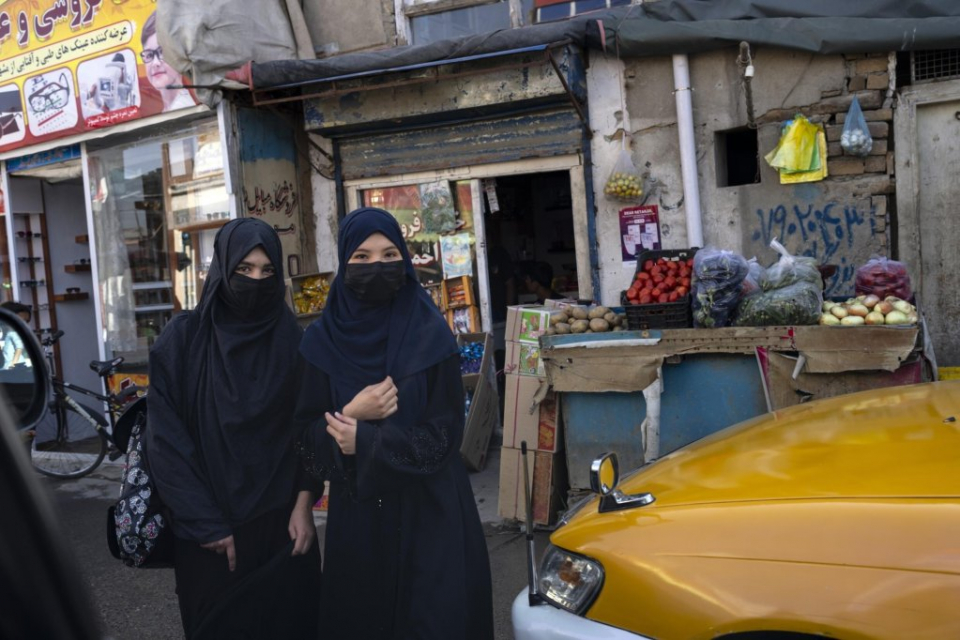Austria's Interior Minister Gerhard Karner has urged the European Union to reevaluate its policy on repatriating migrants to Syria and Afghanistan, a move currently prohibited by EU law. Karner, representing the Christian democrat and liberal-conservative ÖVP, emphasized the urgency of discussing the possibility of sending migrants back to regions deemed safe within these countries.
Karner's call for reconsideration comes as Austria grapples with a significant influx of asylum applications, with a substantial portion originating from Syria and Afghanistan. He stressed the need for EU member states to engage in dialogue regarding the identification of safe regions within Syria and Afghanistan for potential repatriation.
However, EU Foreign Affairs Commissioner Josep Borrell cautioned against forced returns to Syria unless specific conditions, as outlined by the UNHCR, are met. He emphasized the importance of voluntary returns monitored by the international community.
The issue of repatriation was also raised by other EU member states, including Cyprus, Greece, and Sweden, underscoring the need for a collective approach to address the ongoing migrant crisis.
Meanwhile, new statistics revealed a 15% increase in the EU's repatriation rate in 2023, attributed to improved cooperation among member states and the implementation of the Schengen Information System. This system enables the tracking of individuals subject to repatriation orders across member states, facilitating more effective enforcement of such orders.
Amid discussions on repatriation policies, Austria is grappling with a high-profile case involving the alleged group rape of a 12-year-old girl by a group of migrants. While Karner did not address this specific case during the EU meeting, it has reignited debates surrounding migrant-related crimes in the country. Similar incidents in the past have led to public outcry and legal proceedings, underscoring the complexity of addressing migrant-related challenges within Austria.

















